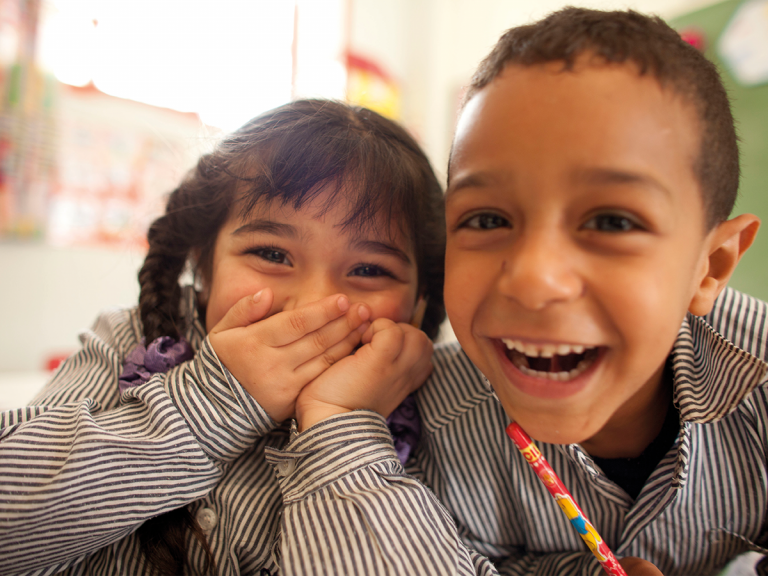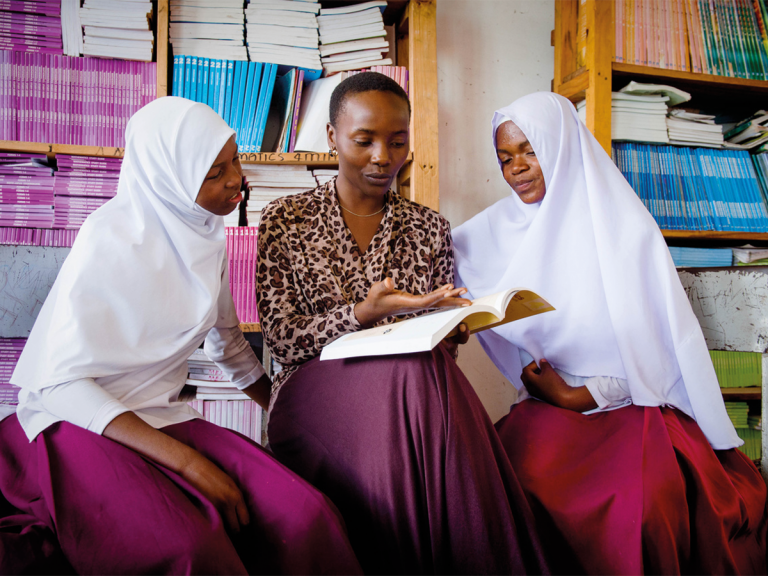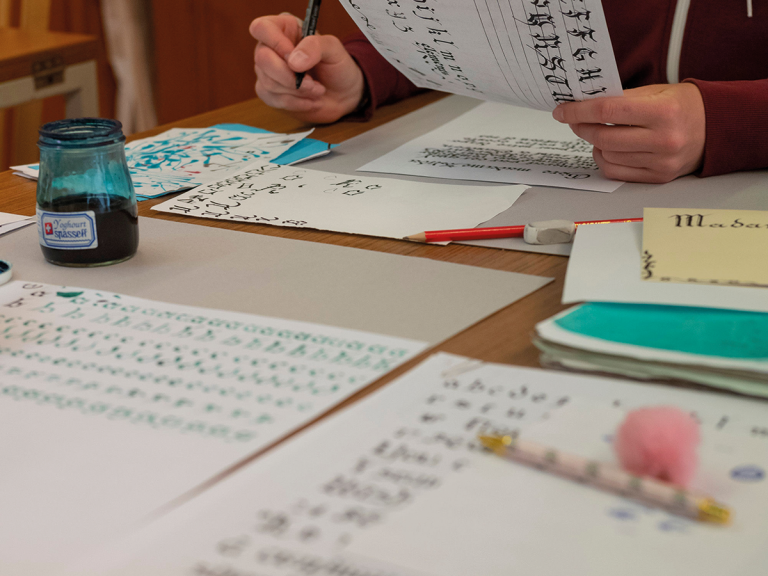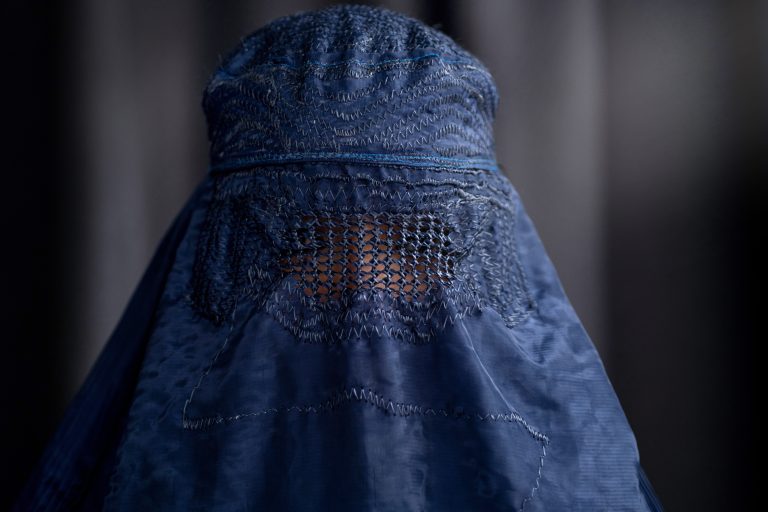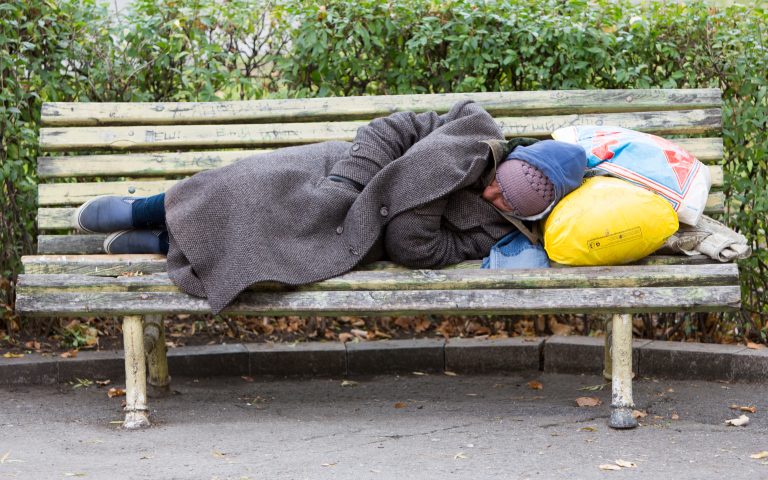We seek to provide access to formal and non-formal education to allow vulnerable populations to be more autonomous.
Lebanon
The economic collapse has increased the level of poverty in the country. More than half of the Lebanese population now lives below the poverty line, compared to 70% and 90% among Palestinian and Syrian refugees respectively. According to Save the Children, more than 1.2 million children have been unschooled since the beginning of the pandemic in February 2020. The Lebanese children still in school have had a “maximum of 11 weeks of schooling” over a year, due to Covid-19 restrictions.
Ana Aqra Association
Support given to a school to maintain access to quality education by provisioning technical resources (tablets, internet, educational training) and other basic commodities (meals, heating, cleaning products) allowing 51 teachers to continue teaching and 729 children (7-12 years old) to continue and finish their secondary education.
